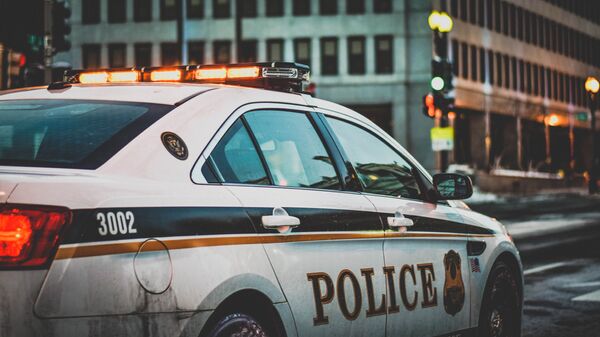"Why on earth would they bring mass gang indictments, have a press conference saying that this is the largest takedown of two violent gangs in history, and actually be taking down dozens of people who are not gang members?" City University of New York Law School Professor and coauthor of the report Babe Howell asked.
Howell shared her report exclusively with The Intercept, a news outlet that specialises in investigative reporting.
Howell went on to answer her own question, telling The Intercept: "It’s because these prosecutions are politically advantageous. These cases make for easy wins, high-profile, good press coverage, and they give prosecutors a platform to appear tough on crime."
The April 2016 incident became known as the Bronx 120 raid, since most of the defendants were arrested in the New York City borough of the same name.
Then-New York City Police Commissioner William Bratton lauded the raid for cleansing the neighbourhood of gang members who will spend many years in prison.
Outstanding and infuriating report from @babe_howell on the Bronx 120 raids. Howell has been working tirelessly on this from the day of the raids, and reveals how little there was in terms of actual "gang" activity that justified the raids. https://t.co/urk3UZOPiw
— Max RN (@MaxRivlinNadler) April 25, 2019
Then-US Attorney for the Southern District of New York, Preet Bharara, appeared against the backdrop of a map showing where all 120 purported members of two rival gangs were arrested, claiming the defendants had terrorised the neighbourhood for years and were responsible for at least eight murders.
The raid made news for a couple days, with mostly sensationalised headlines and images peddling police and prosecutors’ claims about those swept up in the bust, the Intercept noted. But media interest quickly faded.
The new report, published ahead of the April 27, 2016 raid’s third anniversary, reveals troubling details about the prosecution and raises serious questions about due process, the abuse of federal conspiracy charges and the criminalisation of social relationships in communities of colour, according to The Intercept.
While a series of murders and other violent incidents, some dating back years, were highlighted in statements to the press and as part of the prosecutors’ narrative about the gangs, none of the 120 were charged with murder.
Seventeen people were described as being "associated with" gangs, for instance because they were selling marijuana in gang territory. Thirty-four were affirmatively described in prosecutors’ submissions as not being gang members at all, and there was no reference to gang membership for 13 others.
"That didn’t prevent all 120 from being paraded in front of the media and mostly denied bail as gang members," the report said.
Nearly all those arrested were young black and Latino men and most were poor and considered unlikely to contest charges if offered an acceptable plea deal, the report added. Only two defendants entered not guilty pleas.
Of those arrested, 91 were charged with a firearms offence, yet only 22 were convicted, according to the report. Two-thirds of the defendants were not convicted of any violent crime at all.
Very important coverage of a new report by @babe_howell exposing the injustice of "gang takedowns." Thanks to @alicesperi and @theintercept. This report is going to be a game changer. @davidminpdx @YouthJusticeLA @GKMC18 @C_Resistance @matthewferner https://t.co/Kp9x3IE1B3
— Alex S. Vitale (@avitale) April 25, 2019
Moreover, several defendants were in prison at the time of the raid, and were brought out to face new federal charges over the same crimes for which they were already doing time, the report said.
When contacted by the Intercept, a spokesman for the US District court for the Southern District of New York, which prosecuted the case, declined to comment. In addition, Bharara, declined a request for an interview.


